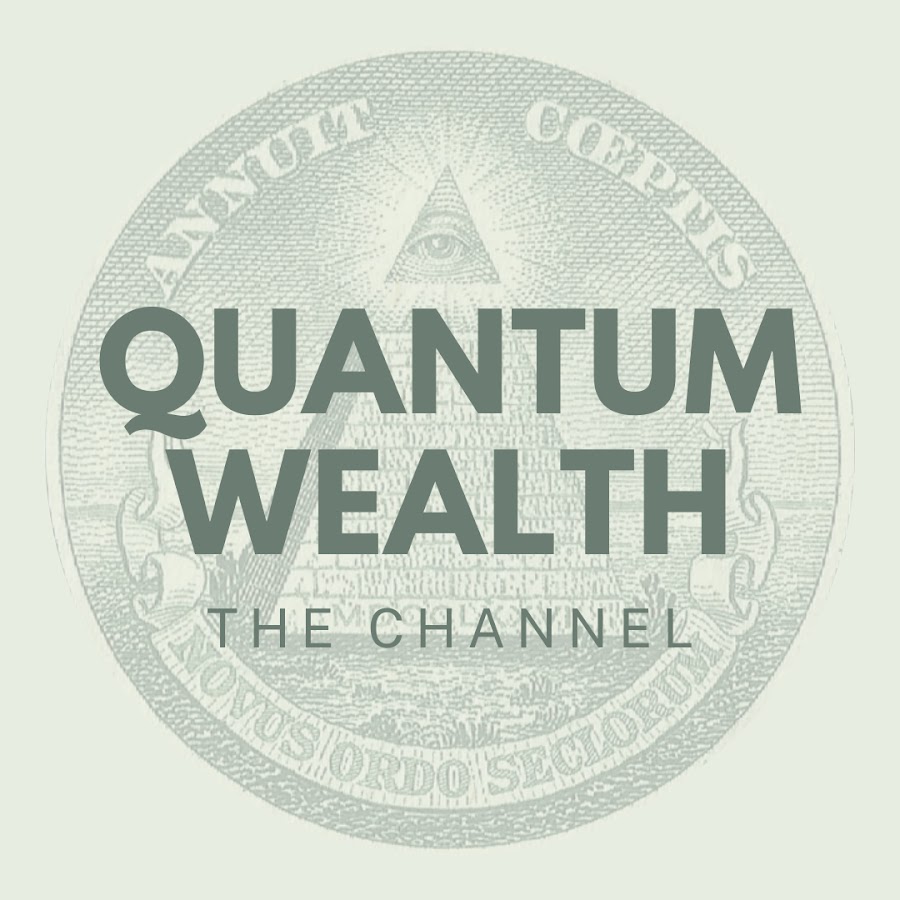A sprawling conspiracy theory that claims a battle against a satanic cabal within global elites.
QAnon is a conspiracy theory that emerged on the internet in October 2017, initially on the forum 4chan, propagated by an anonymous figure known as “Q.” Q claimed to have access to classified information involving the U.S. government and President Donald Trump’s administration, suggesting that Trump was waging a secret war against a cabal of satanic, cannibalistic pedophiles within Hollywood, the Democratic Party, and what is often referred to as the “deep state.” This theory has roots in the Pizzagate conspiracy of 2016, which alleged a child sex trafficking ring operated by high-profile Democrats from a pizzeria in Washington, D.C..
The origins of QAnon lie in cryptic posts made by “Q,” who suggested they were a government insider with top-secret clearance. These messages, known as “Q drops,” are interpreted by followers, referred to as “bakers,” who analyze and spread the conspiracy across various internet platforms. The theory encompasses a broad spectrum of other conspiracies, including claims about the 2020 U.S. presidential election, COVID-19, and more, often encouraging followers to “do your own research” to uncover supposed truths hidden by mainstream media and the elite.
QAnon quickly spread beyond 4chan to other platforms like 8chan (later rebranded as 8kun), YouTube, Twitter, Facebook, and Instagram, significantly amplifying its reach and influence. Despite efforts by social media companies to ban or restrict QAnon content, especially following its association with violent incidents and the January 6, 2021, U.S. Capitol insurrection, the movement has demonstrated resilience and an ability to migrate across platforms. Its followers, numbering in the millions globally, often share the motto “Where We Go One, We Go All” (WWG1WGA), viewing themselves as patriots fighting against a corrupt establishment.
The QAnon conspiracy theory has been linked to various acts of violence, including kidnapping, armed standoffs, and threats against public figures, reflecting the dangerous potential of its widespread and fervent beliefs. Its narrative has been endorsed or alluded to by some political figures, further entrenching its position within certain segments of the political spectrum. Despite a lack of evidence supporting its wide-ranging and often outlandish claims, QAnon remains a significant and controversial presence in the digital and real-world political landscape.
image via IMDb




